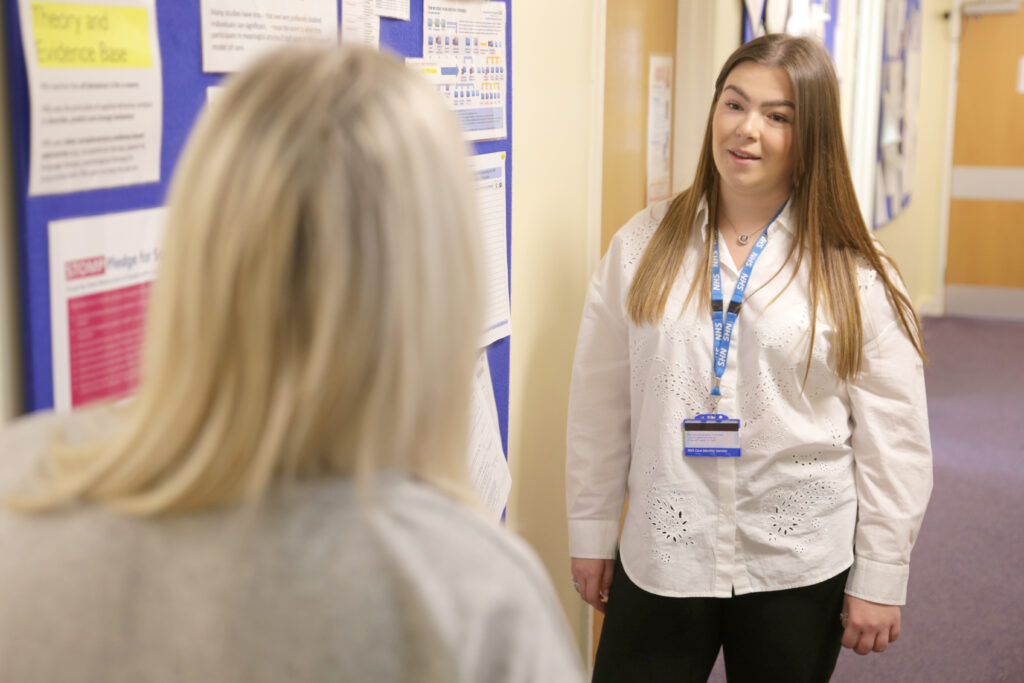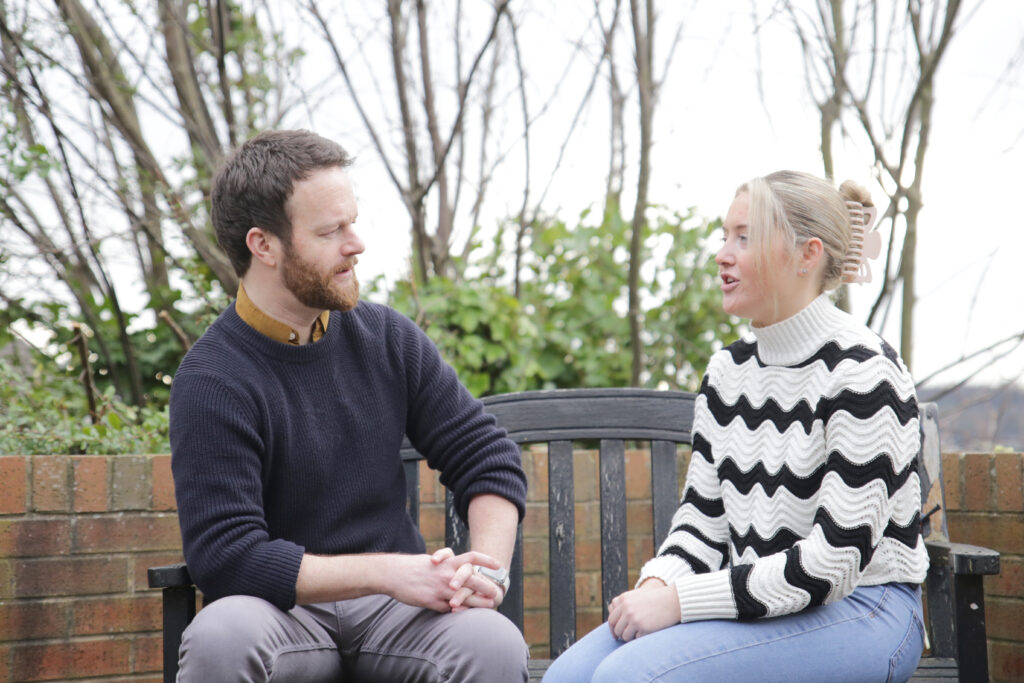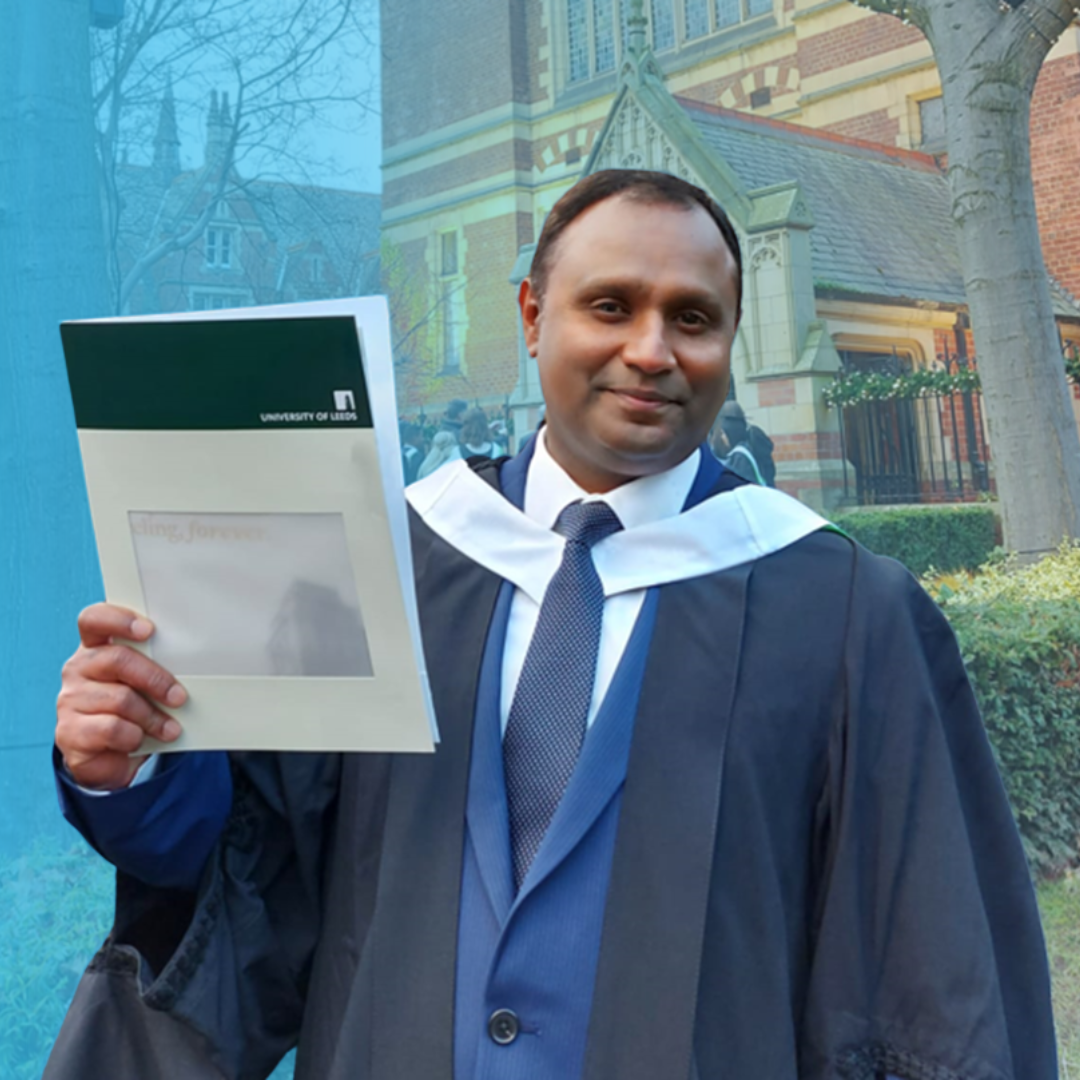Apprenticeships
Are you caring and compassionate? Can you help us achieve our goals, to live free from stigma and discrimination and improve the lives of people with a learning disability and ill mental health?
At LYPFT, our vision is to provide excellent mental health and learning disability services as an employer of choice and support our service users, carers, staff and the communities we serve to live healthy and fulfilling lives.
We recruit apprentices at early career levels, as well as apprenticeship programmes to upskill our existing workforce and “grow our own!”

What is an apprenticeship?
Apprenticeships are work-based, formal qualifications. Apprentices works while undertaking a nationally recognised apprenticeship standard, which usually includes a professional and/or academic qualification. Alongside workplace learning and development, apprentices spend time on structured learning with a college, university or learning provider. Once the apprentice has completed their qualification and collected evidence of their ability to meet the apprenticeship standard, they must then pass an End Point Assessment to complete the programme.
An apprenticeship combines practical experience with formal learning. It includes developing knowledge, skills and behaviours through an approved standard, working towards a professional or academic qualification, and completing an end point assessment. Together, these elements ensure you gain the experience and recognition needed to succeed in your chosen career.
Apprenticeships can be studied at all academic levels, from GCSE equivalent to Masters’ level.
Apprenticeship Levels
Intermediate Apprenticeship (Level 2)
- Duration: 12–18 months
- Equivalent to: 5 GCSEs (grades A*–C)
Advanced Apprenticeship (Level 3)
- Duration: 18–48 months
- Equivalent to: 2 A-Levels
Higher and Degree Apprenticeships (Levels 4–7)
- Duration: 24+ months
- Equivalent to:
- Level 4 – First year of undergraduate degree / Higher National Certificate (HNC)
- Level 5 – Foundation degree / Higher National Diploma (HND)
- Level 6 – Final year of a bachelor’s degree (e.g. Graduate Certificate, Level 6 NVQ/BTEC)
- Level 7 – Master’s degree (highest level of apprenticeship)

Who can apply for an apprenticeship?
Anyone over 16 years old is eligible to apply for an apprenticeship, subject to meeting the Government’s eligibility criteria. However, for safeguarding purposes, apprentices within our services are usually required to be over 18.
We advertise early career apprenticeships as job vacancies online. The entry criteria are explained within the job advert but for any apprenticeship you must:
- Be a UK National or have been resident for at least 3 years residency on the first day of the apprenticeship. NB. Individuals with evidence of refugee status or those in the asylum system are exempt from this rule. More detail can be found in current Government funding rules
- Have the right to work in England.
- Be gaining significant new learning from the apprenticeship. I.e. it must not duplicate learning or a qualification you have already received
- If applicable, have a visa which is valid for the duration of the course (including end point assessment period).
- Have evidence of your English and maths qualifications at the required level (if aged 16-18)
Maths and English Requirements
If you are aged 18 and under you must be able to provide evidence of your English and maths qualifications to complete an apprenticeship.
Programmes at Level 2 (GCSE) require evidence of maths and English at Level 1 (equivalent
to GCSE Grades 1-3 or D to G, BTEC Awards or Certificates and Diplomas at level 1). If you apply for a Level 2 apprenticeship with us, you must be able to work at Level 1 in English and Maths (equivalent to GCSE grade D or 3). If you do not have evidence of these qualifications, we will support you to achieve Level 1 Functional Skills.
Programmes at Level 3 (A Level) and above require certificates in Maths and English at Level 2
(Equivalent to GCSE Grades 4-9 or Grades A-C, BTEC Awards or Certificates and Diplomas at
level 2).
If you are aged 19 or over, you are not required to hold a certain level of maths and English qualification to complete an apprenticeship but you may still need to provide evidence of qualifications to meet course entry requirements set by the learning provider.
Functional skills support for numeracy and literacy can be accessed for free through Leeds City College
If you do not meet all aspects of the funding criteria, further support can be accessed through Talent Hub.

Sam Ibison, Apprenticeship and Widening Participation Lead at LYPFT
“Apprenticeships are a great option when considering a career at LYPFT. They offer the opportunity to learn ‘on the job’ whilst gaining a qualification and earning a salary. There are a huge range of clinical and non-clinical programmes to choose from. Whether you are at the start of your employment journey or looking to progress in your career by developing your existing experience, skills and knowledge, there could be an apprenticeship that’s right for you.”
What’s on offer?
Our Trust offers early career apprenticeships, as well as apprenticeships to support the career progression of people who already work with us.
We offer early career apprenticeships in the following areas for people new to the Trust and/or NHS, subject to vacancy availability. Below are some examples of recent apprenticeship areas but new teams and departments are offering different opportunities all the time.
- Adult Care (Support Worker)
- Finance
- Administration
- Pharmacy
Once working within our Trust, the programmes below are available to support career progression.
- Allied Health Professionals
- Business Administration and Customer Service
- Data and Digital
- Finance and Procurement
- Leadership and Management
- Learning and Development
- Nursing
- Project Management
- Service Improvement

Support during your apprenticeship
We support you and your Apprenticeship at Leeds and York Partnership NHS Foundation Trust in a variety of ways.
Learner Guide
Provides information to support learners who are starting an apprenticeship training programme and can be used as a reference throughout your apprenticeship journey.
Line Manager
Support apprentices to develop their knowledge, skills, and behaviours to achieve the apprenticeship. They also attend regular review meetings with the learning provider.
Workplace Mentor
All apprentices are allocated a mentor. A mentor is someone who provides support for the apprentice, and shares their knowledge, skills, and experiences with them.
Apprenticeship Team
We are here to advise and support apprentices and managers, from the point of enquiry right up until apprenticeship completion. We work closely with learning providers to ensure that our apprenticeship programmes are high quality and deliver what our colleagues and services need.
Listening to your feedback
Every 3 months, apprentices and their managers asked to complete a short questionnaire to give their feedback. This helps the apprenticeship team to understand how things are going and to offer support where it’s required.
Library and Knowledge Services
Here to support evidence-based practice and continuing professional development by providing access to relevant and accredited knowledge.
Practice Learning and Development Team
This team plays a key role in ensuring pre-registration clinical apprenticeships meet the regulatory body standards for education. They facilitate the recruitment of Nursing and Allied Health Profession apprentices. PLDT support Practice Educators/Assessors, and learners to ensure that apprentices achieve their qualification, and professional registration.
Research and Development Team
Offers advice and signposting to colleagues and students on many aspects of research. They can train colleagues to actively advocate, recruit to or manage a piece of research.
Frequently Asked Questions
Where can I find information about apprenticeship vacancies at LYPFT?
You can find vacancies on our Latest Jobs page. Search Apprentice.
Who can be an apprentice?
Anyone over 16 years old is eligible to apply for an apprenticeship, subject to meeting the apprenticeship funding rules. Different apprenticeships have different entry requirements, which are explained in the job advert.
If I start as an apprentice Healthcare Support Worker, can I become a registered Nurse?
LYPFT has well-defined career progression pathways for a range of health and social care professions. It is possible to progress from a Healthcare Support Worker role to a registered Mental Health or Learning Disability Nurse via apprenticeships. It is possible to become a Trainee Nursing Associate, then ‘top-up’ on the Transfer to Nursing programme and gain NMC registration. These opportunities are highly sought after and are subject to a fair and equitable selection process.
If I already have a university degree, can I do an apprenticeship?
Yes, if the apprenticeship chosen requires you to undertake a significant amount of new learning.
Can I apply to an apprenticeship if I work part-time?
Most apprenticeships are based on the apprentice working at least 30 hours per week. However, the Trust is fully committed to receiving flexible working arrangement requests. If your working pattern is less than 30 hours per week, it will take longer to complete the apprenticeship.
How long does an apprenticeship take to complete?
Apprenticeships must take a minimum of 12 months but can be up to five years, depending on the programme and level.
Will I be an employee during my apprenticeship?
Yes, an apprentice is employed and has the same employment rights as any other staff member.
What happens if I leave the Trust during my apprenticeship?
LYPFT will not continue to provide levy funding for tuition fees once your employment with us ends. You have the option to continue your training with your new employer if they are a levy paying organisation who will continue to make payments to fund course programme.
What happens if I leave my current role, but stay within the Trust?
If you change roles, there is no guarantee that you would be able to continue with your apprenticeship. You may be able to continue if your new role leads to the same identified end position and the service can provide the development opportunities needed to complete the apprenticeship. Alternatively, you may be able to continue the training through a non-apprenticeship route. However, this is dependent on the learning provider and alternative funding.
LYPFT Apprenticeship news
Celebrating our Apprentices
We celebrated our annual Apprenticeship Celebration Event in 2025. Chief Executive Sara Munro presented certificates to everyone who completed their apprenticeship programme. Apprentices and a manager/mentor who demonstrated exemplary Trust values were recognised and presented with awards.
Read more: A celebration of Apprenticeship achievements at LYPFT
Not sure if an apprenticeship is right for you? Visit the Career Compass Leeds website, where you can find your personalised opportunities in health and care in Leeds. Build your profile to help find opportunities that match your preferences and explore the range of opportunities Leeds offers.
Get in touch
Apprentice case studies
Page last updated: 14th Oct 2025 4:14pm




